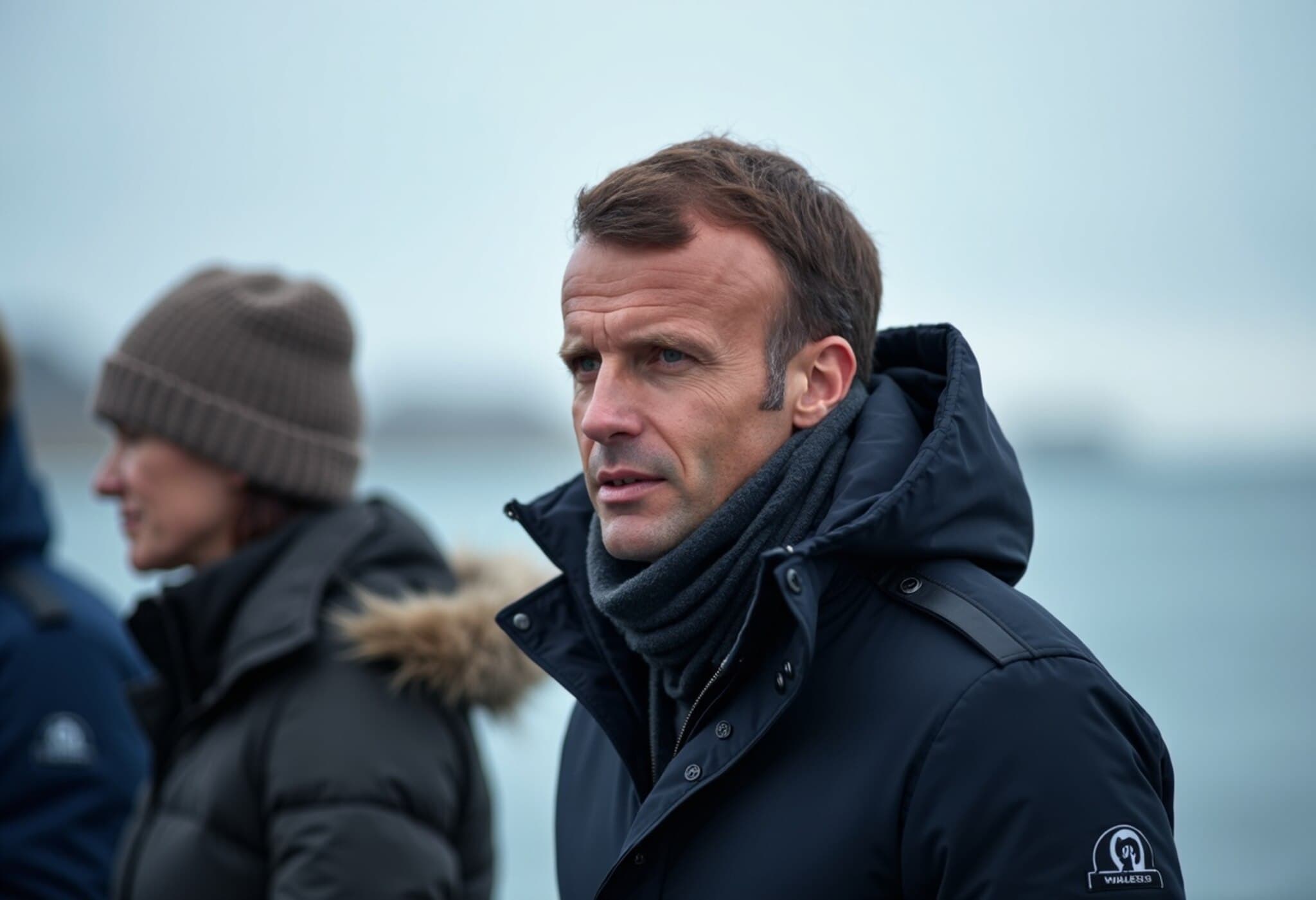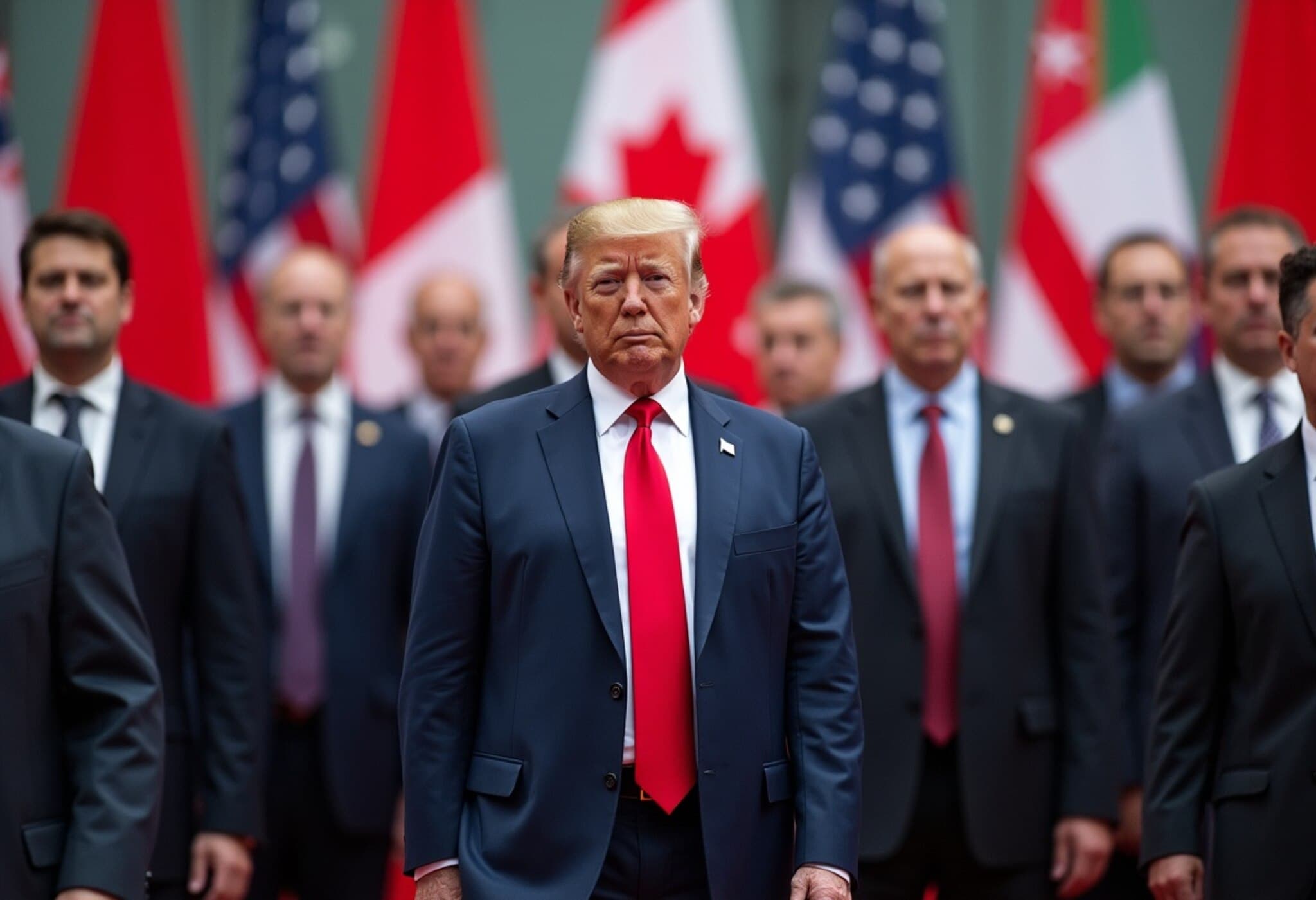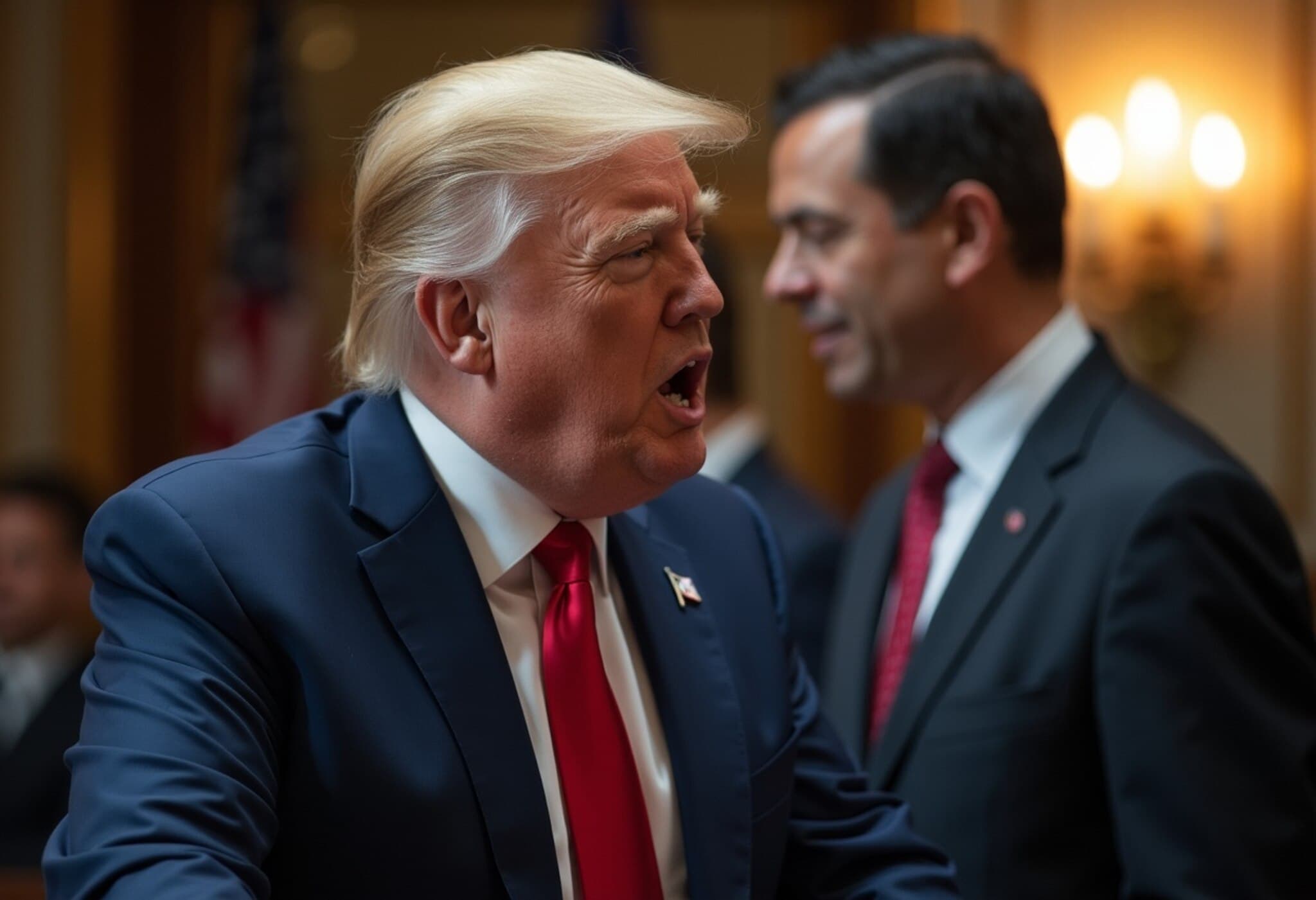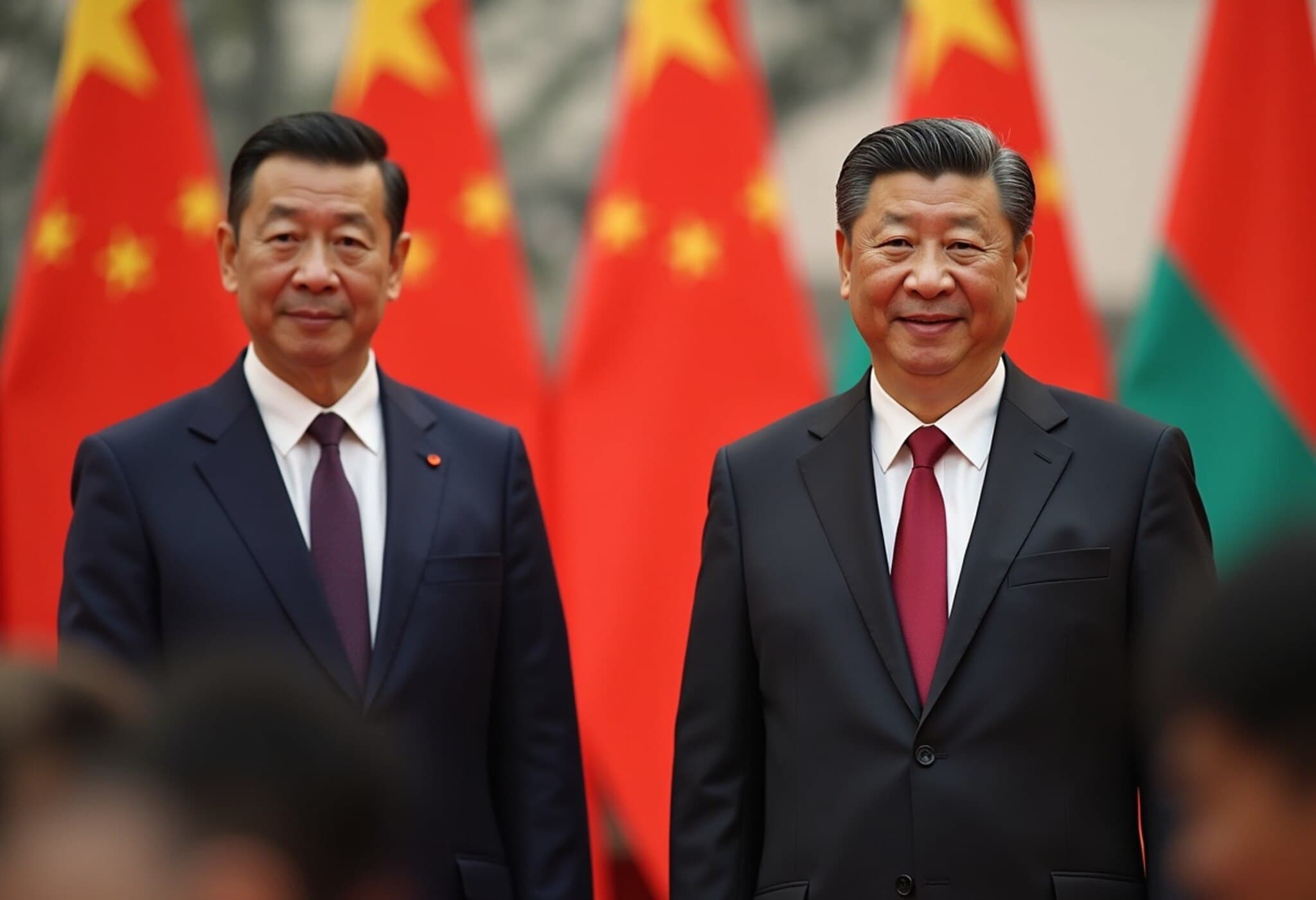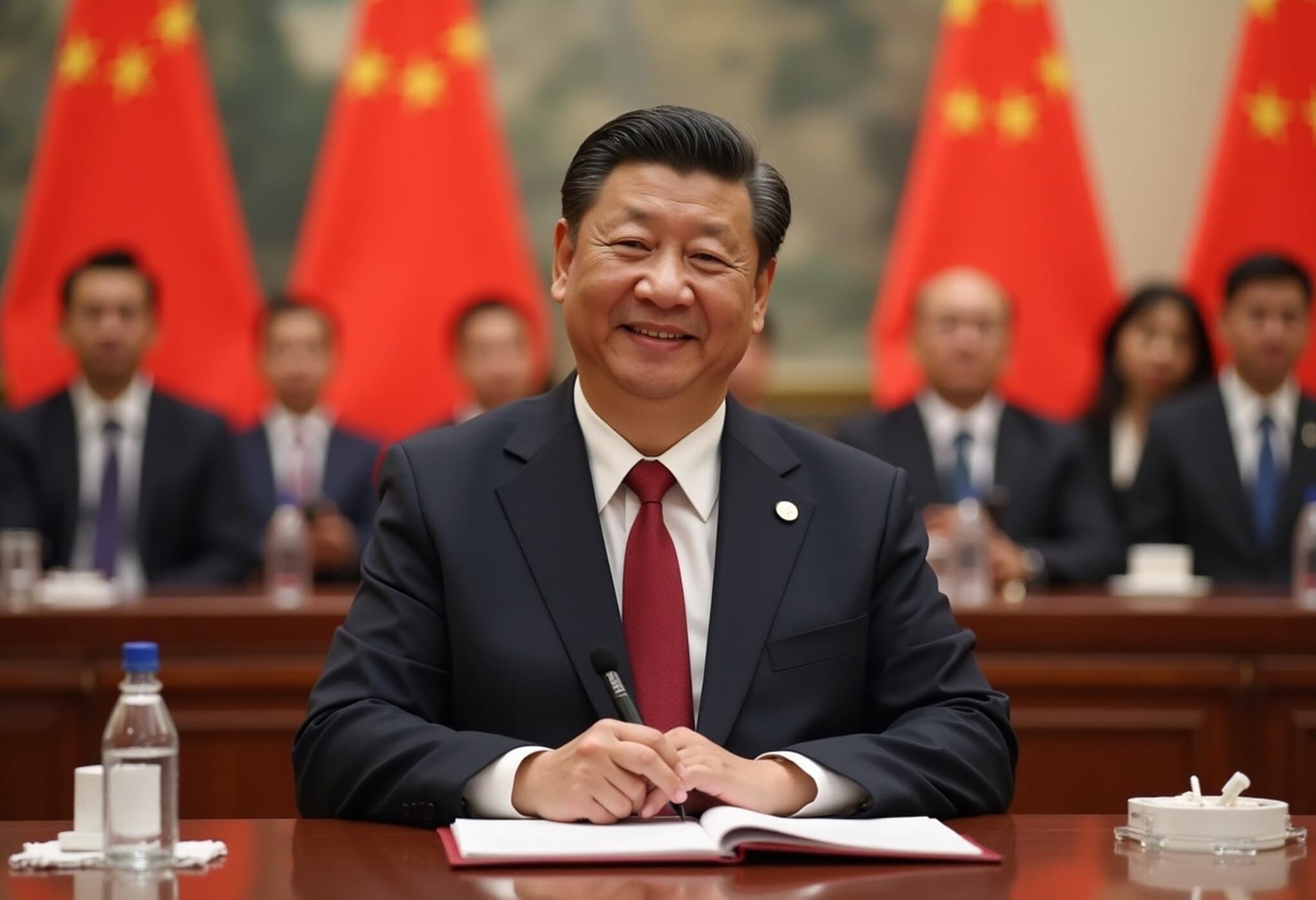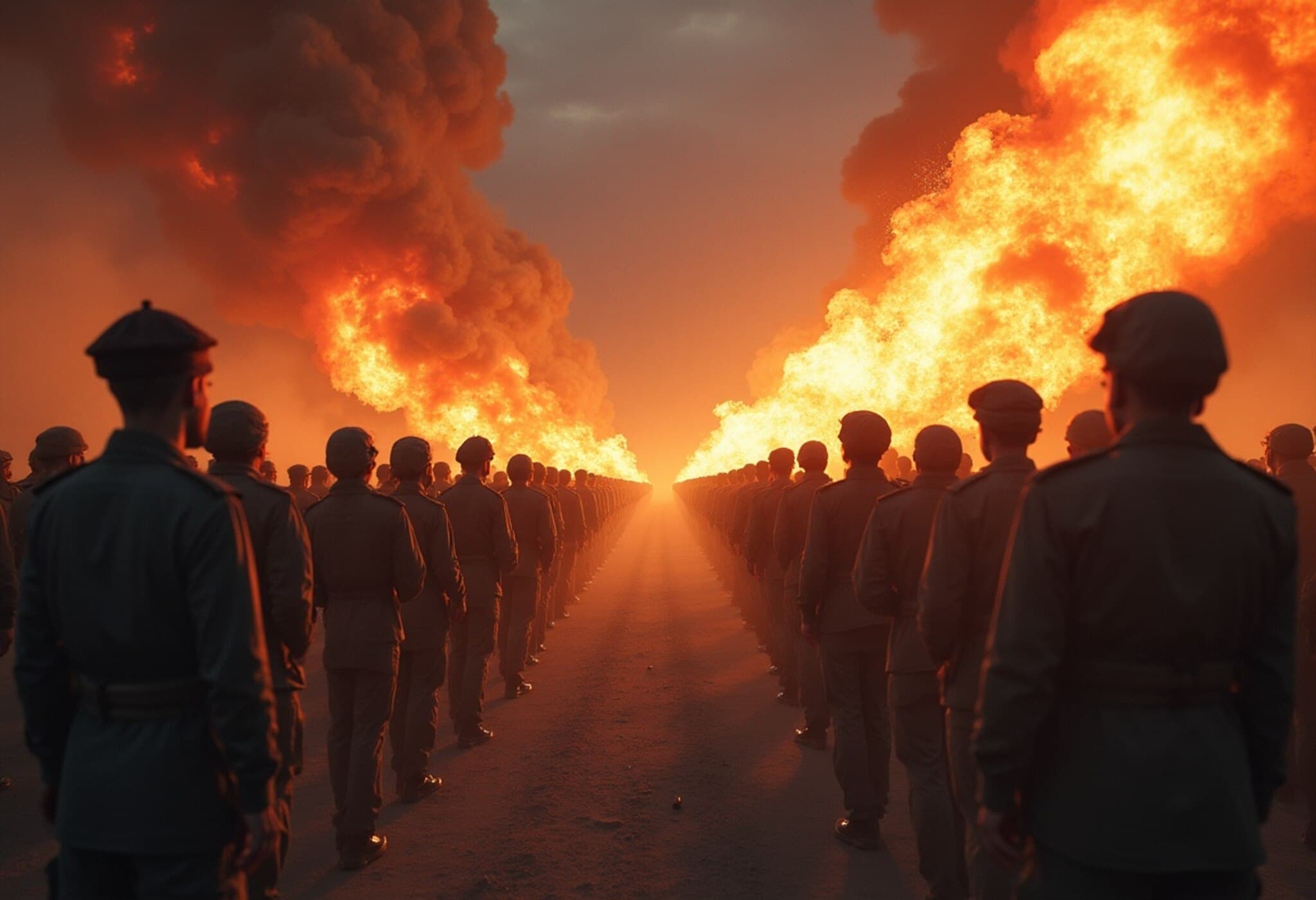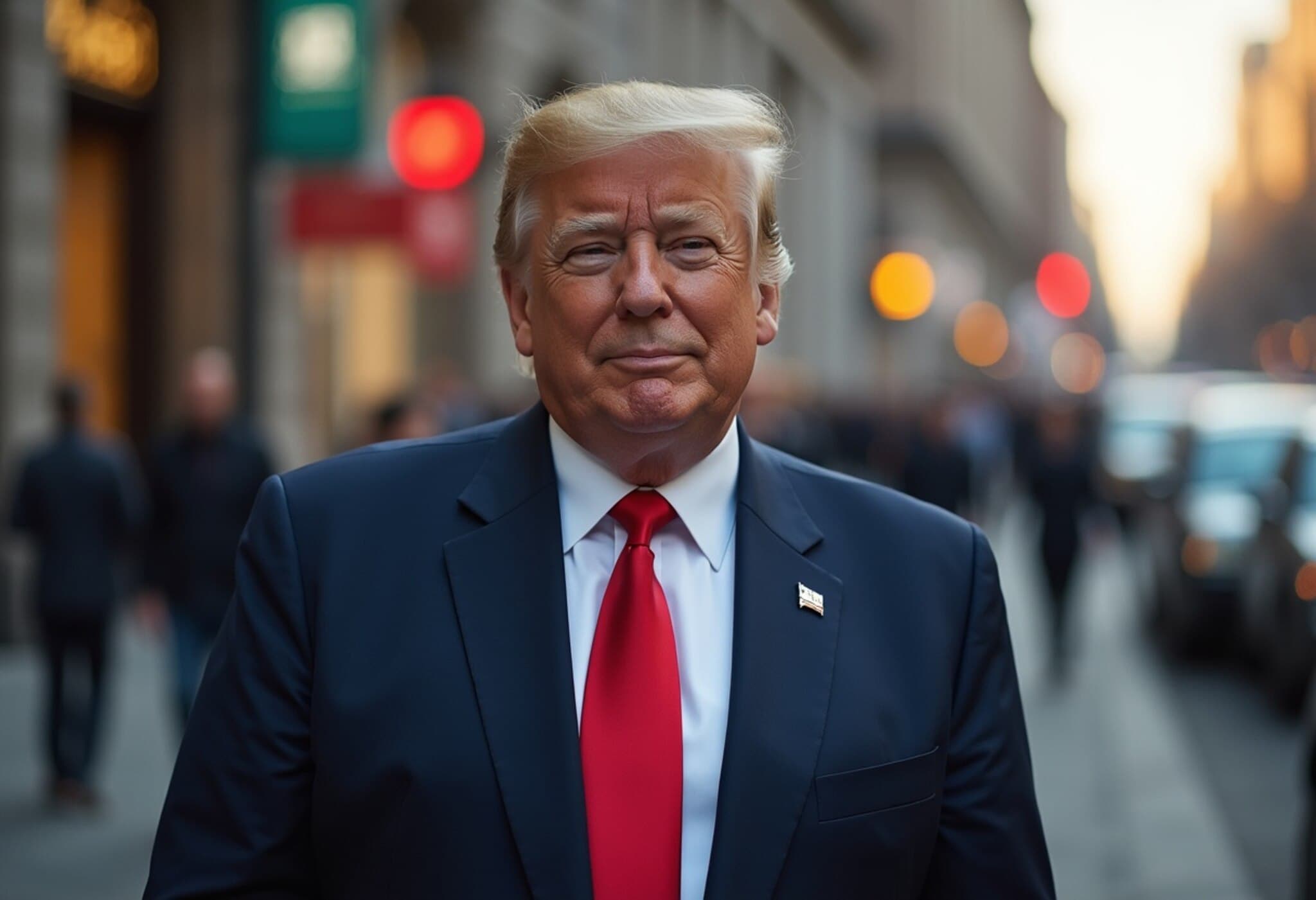US Criticism of India’s Russian Oil Purchases Sparks International Irony
In a curious twist of geopolitics, the Biden administration—particularly figures aligned with former President Donald Trump—is sharply criticizing India for its continued purchase of Russian oil amid the ongoing Ukraine conflict. Yet, this criticism rings hollow when juxtaposed with Europe’s energy imports from Russia, which not only persist but financially eclipse the aid Europe provides to Ukraine.
White House Deputy Chief of Staff’s Stark Accusations
Stephen Miller, White House Deputy Chief of Staff, recently condemned India’s oil purchases from Russia as "not acceptable," controversially grouping India alongside China as nations fueling Russia’s war efforts. He stated, “People will be shocked to learn that India is basically tied with China in purchasing Russian oil.” His comments have sparked a fresh round of debate about global complicity and selective scrutiny.
Unpacking the Double Standards
Two critical realities are often overlooked in this narrative:
- China’s Multifaceted Support: Unlike India, China provides a broad spectrum of aid to Russia—supplying raw materials, dual-use goods, machinery crucial for weapons manufacturing, and even drones. India’s involvement is largely limited to buying discounted Russian oil, without the same breadth of support.
- Europe’s Energy Dependence: The European Union remains heavily reliant on Russian oil and gas. Recent data from the Centre for Research on Energy and Clean Air (CREA) reveals that in 2024, the EU spent approximately €21.9 billion ($25.4 billion) on Russian energy imports, which outpaces the €18.7 billion ($21.69 billion) it allocated to Ukraine in aid.
Europe’s Ongoing Financial Flow to Russia Amid the War
Since the full-scale invasion of Ukraine in 2022, the EU has been the largest buyer of Russian liquified natural gas, accounting for 51% of purchases, alongside 37% of pipeline gas imports. Turkey—a NATO member—has been the top buyer of Russian oil products at 26%. CREA estimates suggest that the EU’s cumulative payments to Russia for fossil fuels from 2022 onwards lie between $215 billion and $235 billion. This contrasts starkly with the under $200 billion aid package Europe has pledged and delivered to Ukraine in the same timeframe.
Expert Insight: Enabling the Kremlin or Geopolitical Necessity?
Vaibhav Raghunandan, an energy analyst at CREA, told The Guardian, “This behaviour essentially amounts to sending financial aid to the Kremlin and enabling its invasion.” Yet, the European stance is often muted in Western criticism circles, highlighting an inconsistency in diplomatic accountability.
The US-India Dynamic and Political Nuance
Amidst these geopolitical complexities, US political rhetoric—particularly from Trump-aligned figures—appears aimed at pressuring India through public criticism. India’s purchasing of Russian oil is partly driven by economic and energy security concerns, alongside its broader strategic considerations balancing relations with both Russia and the West.
What This Means for Global Diplomacy and Conflict Resolution
The selective finger-pointing risks undermining the nuanced realities of global energy markets and geopolitical allegiances. While tightening sanctions and diplomatic pressure remain tools to curtail Russia’s war capabilities, the uneven global accountability and Europe's continued energy dependence raise profound questions about the effectiveness and fairness of current strategies.
Key Questions Moving Forward
- Can the West reconcile its energy demands with its geopolitical objectives without appearing hypocritical?
- How can global institutions hold all parties accountable equitably for supporting or enabling the Ukraine conflict?
- What diplomatic pathways exist to ease India’s reliance on Russian oil while maintaining strategic partnerships?
Editor’s Note
The ongoing discourse around India’s purchase of Russian oil epitomizes the intricate web of international policy, where economic dependencies, strategic interests, and moral imperatives collide. The contrasting energy relationships between Europe and Russia, alongside political rhetoric from the US, underscore the need for sober reflection on consistency and fairness in diplomatic engagements. As the war in Ukraine continues to reshape alliances, it becomes imperative for global actors to navigate these complexities with both realism and equity.


